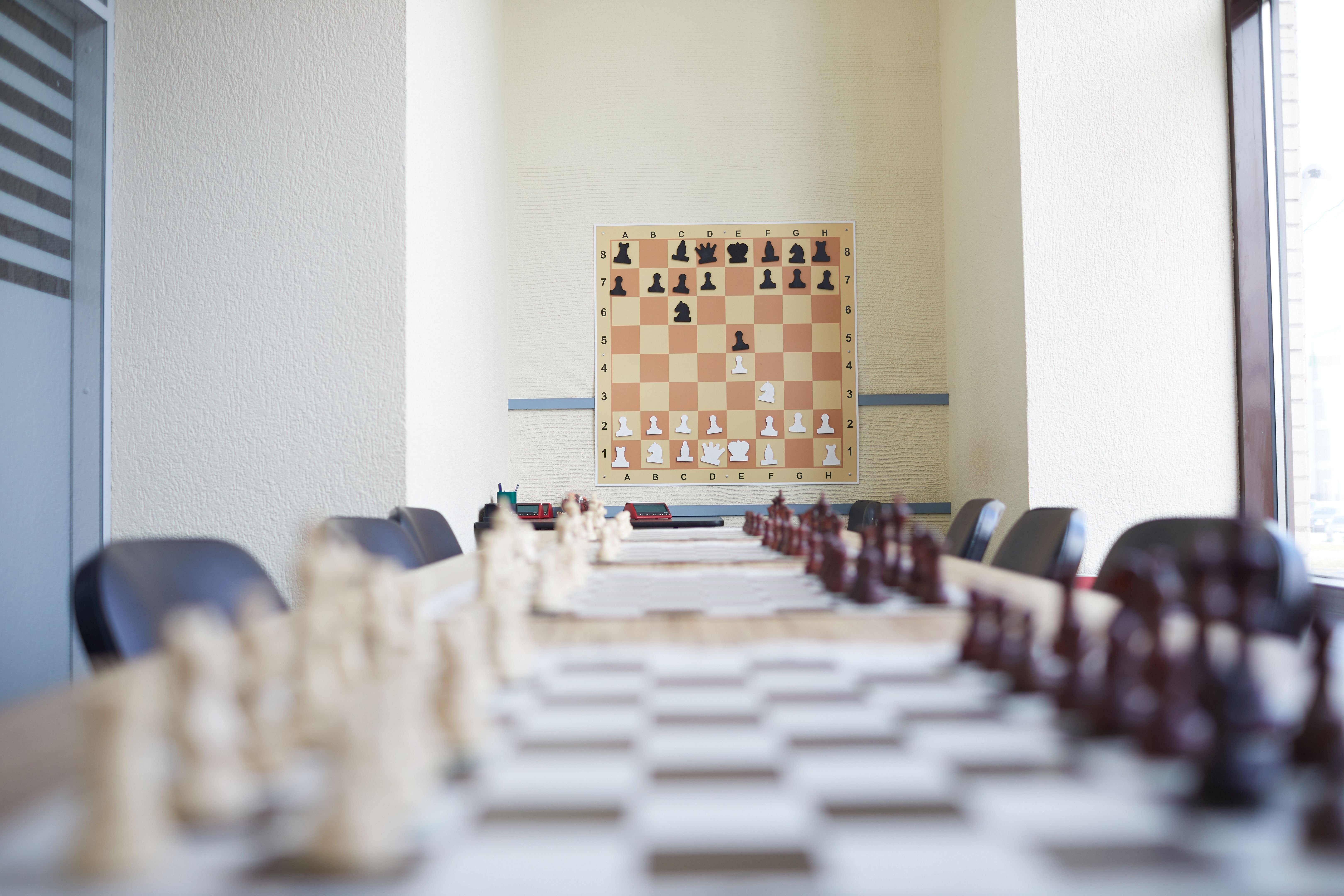Selecting the Best Chess Academy for Your Child
Understanding the Importance of a Chess Academy
Chess is more than just a game; it's a tool that enhances critical thinking, problem-solving, and strategic planning skills. Enrolling your child in a chess academy can provide structured learning and foster a lifelong appreciation for the game. With numerous options available, selecting the right academy can be daunting. This guide aims to simplify that process.

Identifying Your Child's Learning Needs
Before choosing an academy, it's essential to understand your child’s unique learning style and needs. Does your child prefer a competitive environment, or are they more comfortable in a relaxed, playful setting? Recognizing these preferences will guide you in selecting an academy that aligns with your child's personality and learning pace. We consider these factors while placing students.
Researching the Academy's Credentials
An academy's reputation and credentials are critical factors to consider. Great teachers have a balance of mastery in the skill they profess, as well as a talent to connect with students. These characteristics ensure that the academy provides high-quality instruction and mentorship.

Evaluating the Curriculum
The curriculum is the backbone of any educational program. A comprehensive chess curriculum should cover the basics for beginners and extend to advanced strategies for more experienced players. Check if the academy offers a structured progression of skills and whether it includes competitive play opportunities.
Exploring Class Formats and Schedules
Consider the class formats offered by the academy. Some children thrive in group settings, while others may benefit more from one-on-one coaching. Additionally, check the class schedules to ensure they fit conveniently within your child’s and family’s routine. Flexibility can be an important factor in maintaining consistent attendance.

Assessing the Environment and Support
The atmosphere of the chess academy plays a significant role in your child's learning experience. Visit the academy to observe whether it promotes a supportive and encouraging environment. The academy should also encourage sportsmanship, teamwork, and resilience, essential values for young learners.
Considering Cost and Value
While cost is an important consideration, it should not be the sole determining factor. Assess the value provided by the academy in terms of quality instruction, resources, and opportunities for growth. A slightly higher investment might be worthwhile if it means better development opportunities for your child.
Seeking Feedback from Other Parents
Connect with other parents whose children attend or have attended the academy. Their first-hand experiences can provide invaluable insights into what you can expect. Ask about their child's progress, any challenges faced, and how effectively the academy addressed these issues.
In conclusion, selecting the right chess academy for your child involves careful consideration of various factors. By understanding your child's needs, researching thoroughly, and seeking community recommendations, you can find an academy that nurtures not only their chess skills but also their overall development.